Talking geopolitics is talking about Europe’s changing security situation – especially since the start of Russia's war of aggression against Ukraine. It describes a long-standing tradition of political thinking in terms of power and spheres of influence. At a podium discussion held to mark Europe Day, Professor Daniel Göler, who holds the Jean Monnet Chair for European Politics at the University of Passau, explained that the European Union is rather wary of this brand of foreign policy: "Geopolitics is at odds with the historical line taken by the European Union". The EU had in fact been conceived as a peace project based on the idea of "No more war". In his plan, French Foreign Minister Robert Schumann had opted for an integrated approach – welcoming Germany into the fold.
Professor Göler was a participant in the discussion round that marked Europe Day on 9 May 2023 and was chaired by Florence Ertel, general manager of the Science Hub for Europe (SHE) at the University of Passau. The Hub is a crucial part of the University of Passau’s efforts to further strengthen its European profile. "Peace and freedom are what most citizens who've grown up in the European Union associate with Europe Day," says Professor Christina Hansen, Vice President for International Affairs and Diversity at the University of Passau and SHE Director. Yet the date can evoke other associations as well, as representatives of the German-Ukrainian student society Lybid and the student society Young European Federalists of Passau pointed out. On the very same day, Russia celebrates victory over National Socialist Germany and has been using this to legitimise its war against Ukraine since 2015. "The EU and Russia: Foreign, Enemy and Self-Images in Contradiction?" was the title of the discussion round where researchers provided their insights from three different perspectives.
In Professor Göler's analysis, the EU's approach to Russia had perhaps been a little too inclusive. He argues that not enough has been done to provide for the event that the other side reverts to a confrontational strategy. And this despite the fact – as all the experts agree– that Russia has been stoking up a geopolitical conflict for years.
Western Europe has a poor understanding of Russia
Professor Göler presented the perspective of European integration research, whereas Professor Thomas Wünsch, who holds the Chair of Modern and Contemporary History of Eastern Europe and its Cultures, spoke as a historian, providing his assessment of the historical background that has given rise to such a misreckoning. He instanced Western Europe's poor understanding of Russia: "We have been grossly negligent in turning a blind eye to how Russia views itself and projecting our own conceptions onto Russia instead." In his opinion, this lapse is also an indicator of how successful Russia's inveterate propaganda tradition has been. Previously, the tsars had used propaganda to play down the autocratic aspects of the system and strengthen the European view. For a long time, Europe was considered a role model, but this identification was replaced by the sentiment that Europe is seeking to humiliate Russia and pursuing the US policy of containment. Conversely, Russia sees itself as an imperial, invincible power – as the May 9 celebrations starkly illustrated – and derives from this the justification for its foreign policy actions.
Russian propaganda is destabilising Western systems
In recent years, experts have witnessed how Russia's political elites have been stepping up efforts to influence the media abroad. Professor Florian Töpfl, who holds the Chair of Political Communication with a Focus on Eastern Europe and the Post-Soviet Region at the University of Passau, is researching these developments in the ERC project RUSINFORM. He explained how the Kremlin is attempting to influence Russia's image in the EU through fake news, propaganda or disinformation campaigns. "But it's not only about influencing Russia's image, it's also about destabilising Western systems," underscored Professor Töpfl on the panel. According to him, Russian-speaking people abroad are the primary targets – including people in Ukraine. The Russian propaganda channel "Russia Today", for example, has been allocated a prodigiousbudget for precisely this purpose. In addition to disseminating misinformation, the Russian government also controls search engine results, like those produced by Yandex, and deploys troll farms to influence online discussions.
What does that portend for the European Elections in 2024? Professor Töpfl urgently calls for the EU to strengthen the medial literacy of its citizens. Information should be sourced from quality media. Professor Töpfl suggested blocking Russian propaganda media at institutional level.
Research projects on the topic
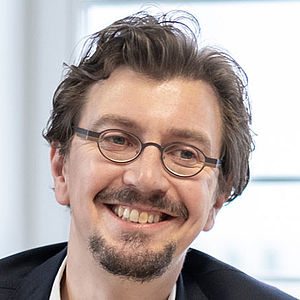
Professor Daniel Göler
Where is the European Union going?
Where is the European Union going?
Professor Daniel Göler holds the Jean Monnet Chair of European Politics at the University of Passau. His research focuses on all matters concerning European integration. Naturally, this involves academic networking across the globe. At the same time, the chair makes European political topics accessible to the general public by organising events and publishing the Jean Monnet Papers.

Professor Florian Töpfl
How does Moscow influence media audiences abroad using internet-based technologies?
How does Moscow influence media audiences abroad using internet-based technologies?
Professor Florian Töpfl holds the Chair of Political Communication with a Focus on Eastern Europe and the Post-Soviet Region at the University of Passau. He heads the ERC Consolidator project "The Consequences of the Internet for Russia’s Informational Influence Abroad (RUSINFORM)" at the University of Passau. Before Dr. Töpfl was appointed professor at the University of Passau in 2020 he conducted research as the head of an Emmy Noether Research Group at Freie Universität Berlin (2014-2019) and as Marie Curie Postdoctoral Fellow at the London School of Economics and Political Science (2012-2014).
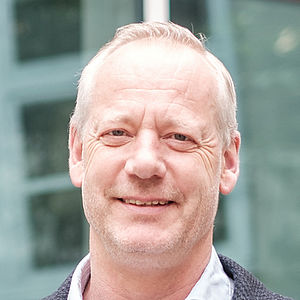
Professor Thomas Wünsch
What defines history and culture in Ukraine?
What defines history and culture in Ukraine?
Professor Thomas Wünsch holds the Chair of Modern and Contemporary History of Eastern Europe and its Cultures. In his research he focuses on the history and culture of Poland, Czechia, Ukraine, Russia, Central Asia and the Balkans. He heads a branch of Südosteuropa-Gesellschaft and the Perspektive Osteuropa initiative at the University of Passau.


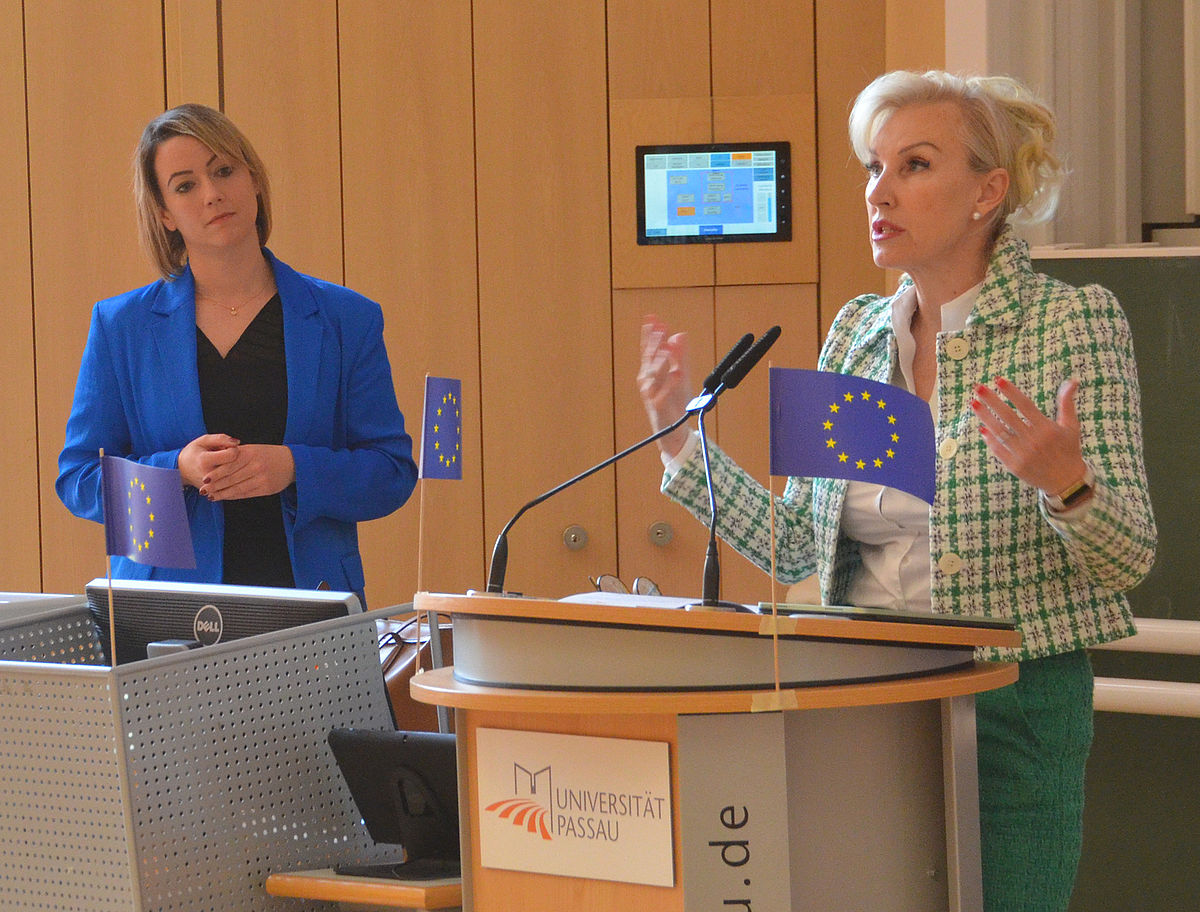
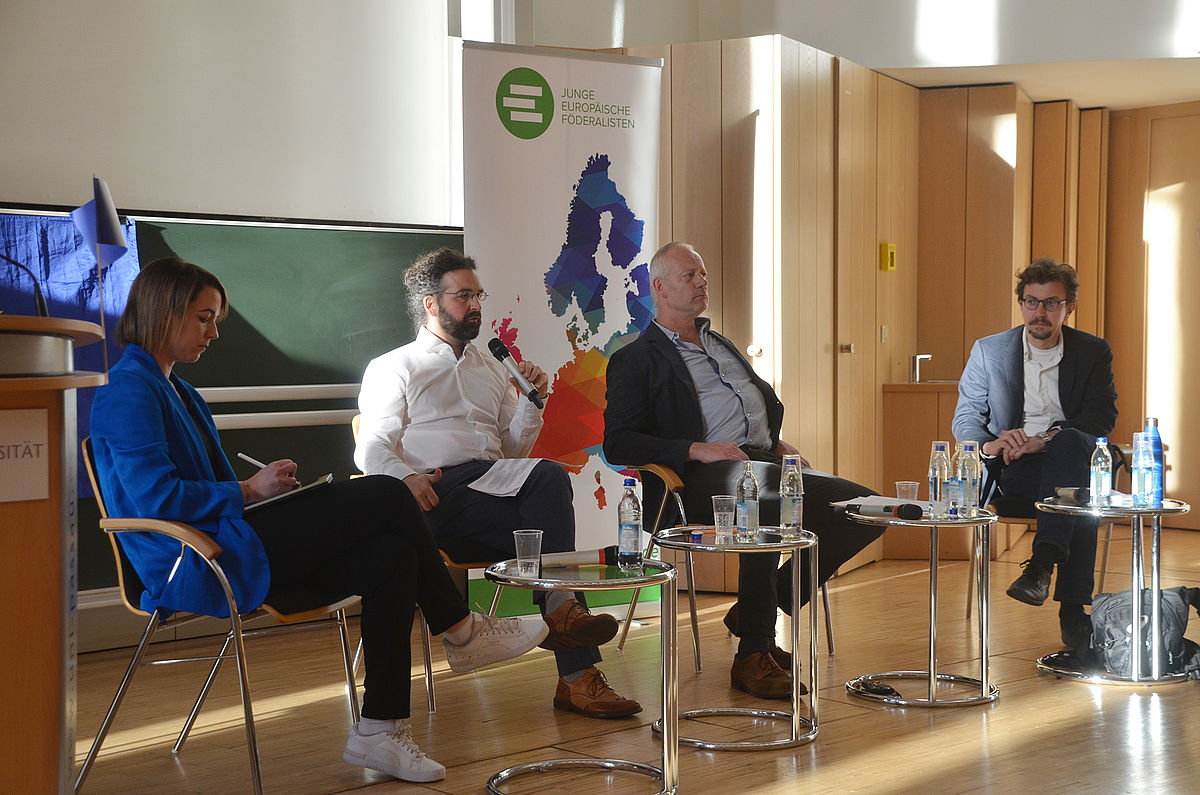
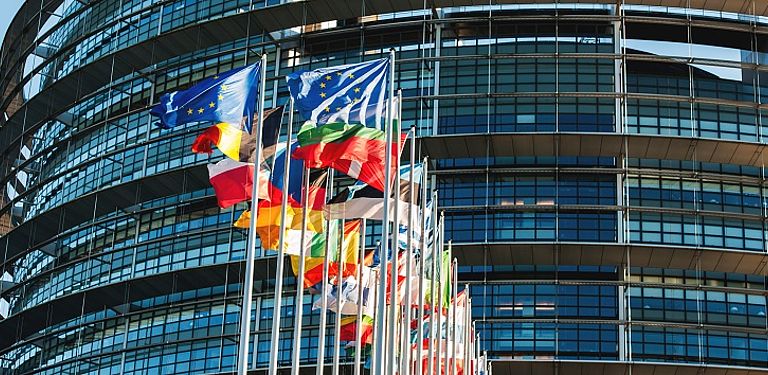
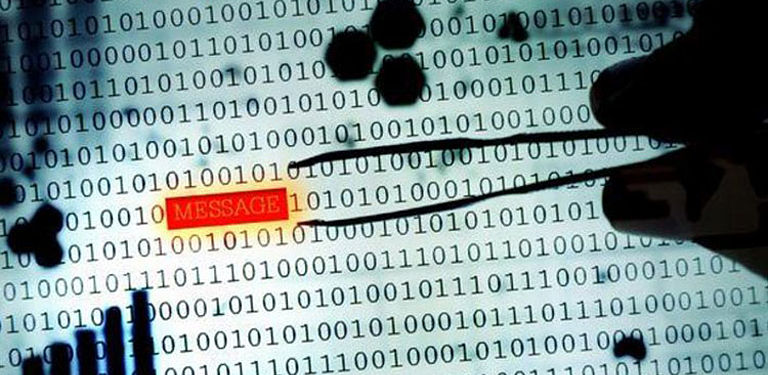
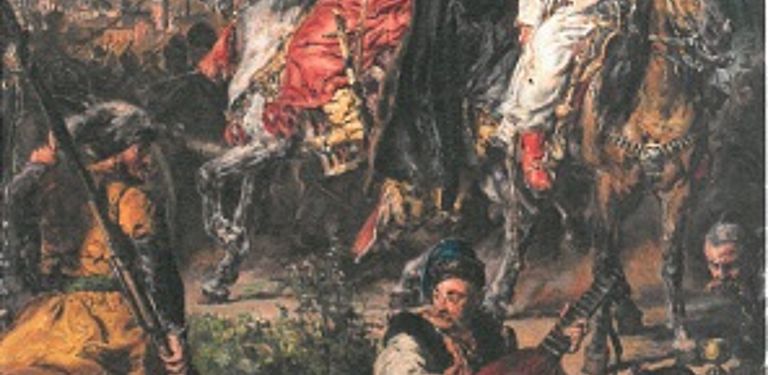


![[Translate to English:] [Translate to English:]](https://www.digital.uni-passau.de/fileadmin/_processed_/e/e/csm_2022Europa-Flaggen_Ukraine_Goeler_5756091d97.png)